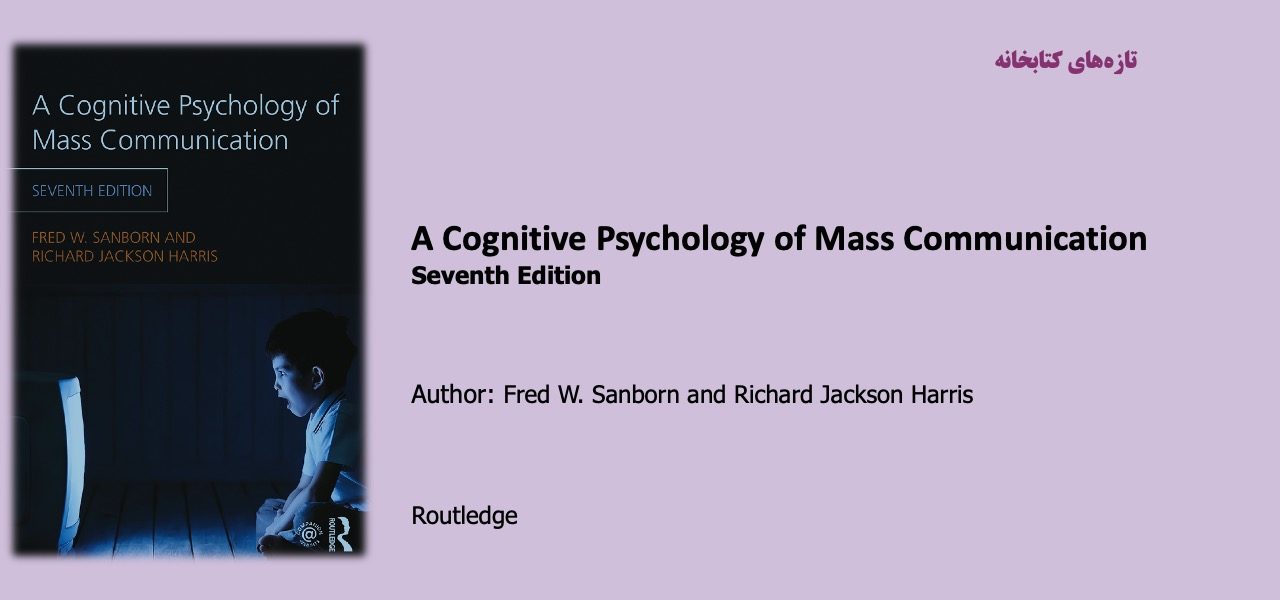A Cognitive Psychology of Mass Communication Seventh Edition

Today’s traditional college- age students, born in the 1990s or 2000s, have no memory of life before the Internet. In their minds there has always been the capability to post videos online or keep track of their favorite celebrity on social media. Photographs, videos, or information about almost anything have always been instantly available.
They can’t remember arranging social gatherings without Facebook or text messages. E- mail is so last generation, and calling on a phone tethered by a cord when you can’t even text is almost unimaginable. They are as likely to watch a TV show on their computer, phone, or tablet as on a TV set. The world of media, and by extension entertainment and popular culture, has changed immensely in the last few decades.
Yet, in a broader perspective, such a communications revolution is not entirely unprecedented. Still photography and telegraphy were transformative in the 1840s, telephones a few decades later, and cinema starting around 1896 radically transformed the way people saw the world and communicated with each other. In the last hundred years or so, radio in the decade of the 1920s, television in the 1950s, video technology in the 1980s, the Internet in the 1990s, and social media in the 2000s also transformed our lives within a mere decade in each case.
A popular movie some years ago, The Truman Show, featured Jim Carrey as a man whose entire life had been a television show, filmed nonstop under a huge bubble that was his whole world. His eventual discovery of this situation is personally devastating, and Truman knows he can never be the same again. In a sense he is an exaggerated but apt metaphor for this entire book. Our lives, and all that we know, are far more heavily influenced by the media than most of us realize, even if our whole lives are not completely reducible to a reality TV show. Although by reading this book you will not, like Truman, find out that you have no identity except as an entertainment figure, you may discover that a surprising amount of what you know and how you behave is a direct product of your interaction with television, radio, print, and computer- mediated communications. In any event, you will probably never look at media the same way again! At least that is our hope.
مطالب مرتبط

کتاب تمرین درمان شناختی – رفتاری برای مشکلات سلامت روان
۱ / اردیبهشت / ۱۴۰۴

درآمدی بر روانشناسی خرد
۱ / اردیبهشت / ۱۴۰۴

سرشت – چگونه سیمکشی مغزهای ما هویت ما را تعیین میکنند؟
۱ / اردیبهشت / ۱۴۰۴

